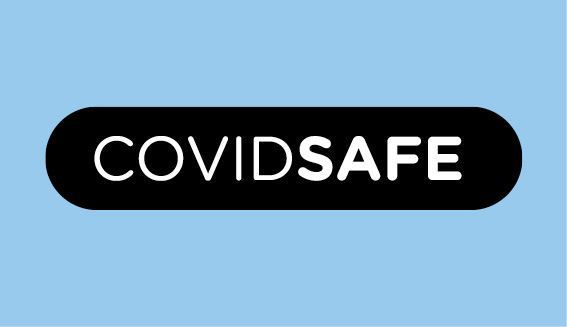
The Australian Government continues to make rapid antigen testing (RAT) kits available to the following services and providers in high-risk Local Government Areas (LGAs) of concern across NSW:
- residential aged care (including MPS and NATSIFAC)
- home care
- short-term restorative care
- services delivered through the Commonwealth Home Support Program.
Providers can order a kit through the Rapid Antigen Testing Order Form online.
As of 20 September, the current high-risk NSW LGAs include:
- Greater Sydney: Bayside, Blacktown, Burwood, Campbelltown, Canada Bay, Canterbury-Bankstown, Central Coast, Cumberland, Fairfield, Georges River, Hawkesbury, Inner West, Liverpool, Parramatta, Penrith, Shellharbour, Strathfield, Sydney, and Wollongong. Western NSW: Western Plains Regional, Mid-Western Regional, Bogan, Bourke, Brewarrina, Coonamble, Gilgandra, Narromine and Walgett.
The Government provides training and support to facilities and services to implement rapid antigen testing as soon as possible. This training will align to NSW Health protocols and guidelines.
Therapeutic Goods Administration (TGA) registration
The TGA has set a range of conditions on the supply and use of RAT kits. One of the conditions is that RAT must be undertaken by trained health practitioners, and trained staff under their supervision. This is to ensure a suitable health practitioner is available to interpret results correctly, provide immediate clinical advice and provide treatment if required.
The TGA website publishes frequently asked questions about the supply of rapid antigen tests.
Provider responsibilities
Providers are responsible for providing the infrastructure and resources needed to support the screening process.
This includes but is not limited to:
- the cost of having health practitioners (such as Registered Nurses) oversee the testing, as per approved testing protocols
- making available the personal protective equipment (PPE) to support testing
- ensuring any staff members who test positive to a RAT comply with NSW Health guidelines and proceeds to get PCR tested
- contacting the relevant Public Health Unit to inform them of any positive RAT
- deep cleaning of the testing area, as required
- completing the daily testing results form.






